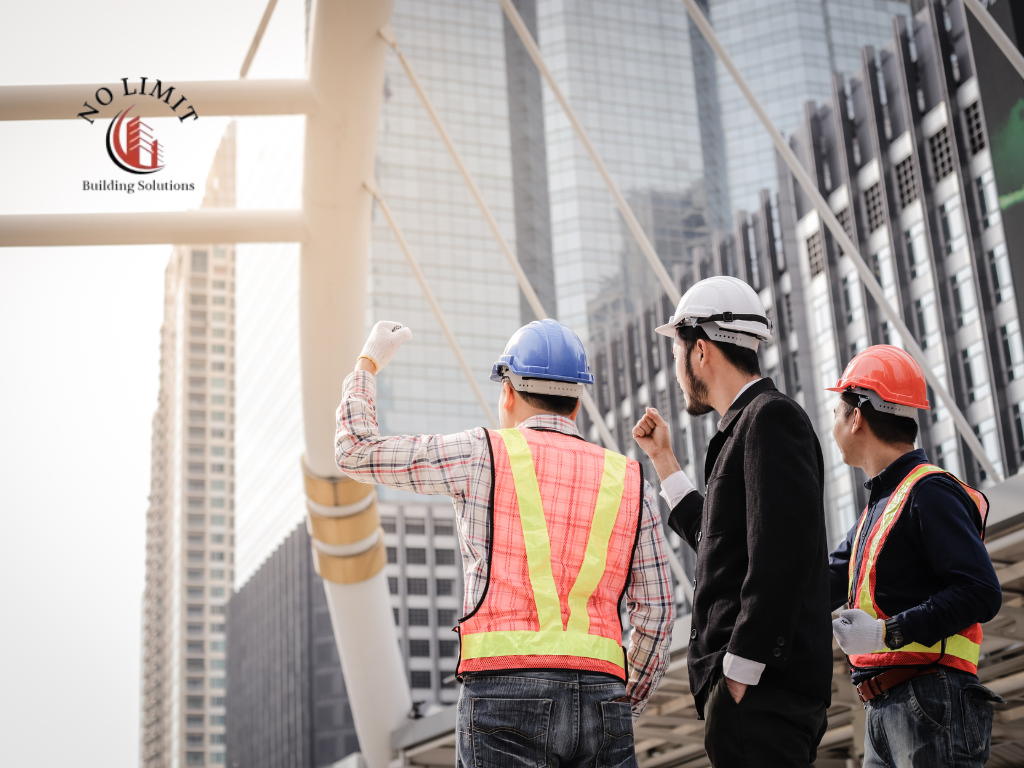Laying the Foundation for Effective Communication
Effective communication in the construction industry is pivotal. It’s the cornerstone of every successful project, ensuring that ideas, updates, and concerns are effectively shared and understood.
- Establish Clear Channels: Determine the primary methods of communication for the project, such as meetings, email updates, or digital platforms.
- Set Expectations Early: From the outset, clarify how and when communication should take place.
- Involve Everyone: Ensure that every team member, regardless of their role, is included in the communication loop.
Understanding the Roles and Responsibilities
A construction project involves various roles, each integral to the project’s success. Recognizing these roles ensures that information is directed accurately and efficiently.
- Project Manager: Serves as the central communication hub.
- Foreman: Oversees on-site operations, ensuring alignment with the project plan.
- Subcontractors and Laborers: Execute specific tasks and need to be informed of relevant updates and changes.
Setting Up Regular Check-ins and Updates
Consistent communication is key to tracking progress and addressing issues promptly.
- Consistent Schedule: Establish a routine for meetings or updates (daily, weekly).
- Inclusivity: Ensure that all team members are updated, regardless of their physical location.
- Efficiency and Comprehensiveness: Balance the need for brief yet informative communication sessions.
Utilizing the Right Communication Tools

Leveraging digital tools can significantly enhance the efficiency and clarity of communication in construction projects.
- Project Management Software: Platforms like Trello or Asana for task tracking.
- Real-time Communication Apps: Tools like Slack or Microsoft Teams for instant messaging and collaboration.
- Mobile Solutions: Robust apps that provide on-site communication capabilities.
Creating a Culture of Openness and Transparency
Fostering an environment where team members can openly share ideas and concerns is crucial.
- Leadership by Example: Encourage open communication from the top down.
- Safe Space for Dialogue: Create an atmosphere where team members feel comfortable voicing concerns.
- Collective Responsibility: Promote a sense of teamwork where successes and challenges are shared.
Navigating Conflict Resolution in Construction Projects

In any construction project, conflicts are inevitable. Handling these conflicts effectively is crucial for maintaining team harmony and project progress.
- Early Identification: Be vigilant and identify conflicts early before they escalate.
- Open Dialogue: Encourage open discussions to address the root cause of conflicts.
- Solution-Oriented Approach: Focus on finding solutions rather than assigning blame.
The Role of Documentation in Communication
Accurate and thorough documentation plays a critical role in effective communication, serving as a reliable reference and record.
- Clear Documentation: Maintain detailed records of meetings, decisions, and changes.
- Accessibility: Ensure that all team members have access to necessary documents.
- Regular Updates: Keep all documentation up to date to reflect the current status of the project.
Adapting Communication Styles to Different Situations
Different stages and aspects of the construction process may require different communication approaches.
- Flexibility: Be adaptable in your communication style to suit various situations, whether it’s a crisis requiring immediate attention or a routine update.
- Understanding Individual Preferences: Recognize and accommodate different communication preferences of team members.
Feedback: Giving and Receiving Constructive Criticism
Feedback is essential for continuous improvement and learning in construction projects.
- Constructive Delivery: Provide feedback in a way that is constructive and aims at improving processes or outcomes.
- Openness to Receiving Feedback: Encourage a culture where feedback is welcomed and valued, leading to positive changes.
Reflecting on and Learning from Each Project
Every construction project offers valuable lessons. Reflecting on these can enhance future communication strategies.
- Post-Project Reviews: Conduct meetings to discuss what worked well and what didn’t in terms of communication.
- Implementing Learnings: Apply the insights gained from these reviews to future projects.




